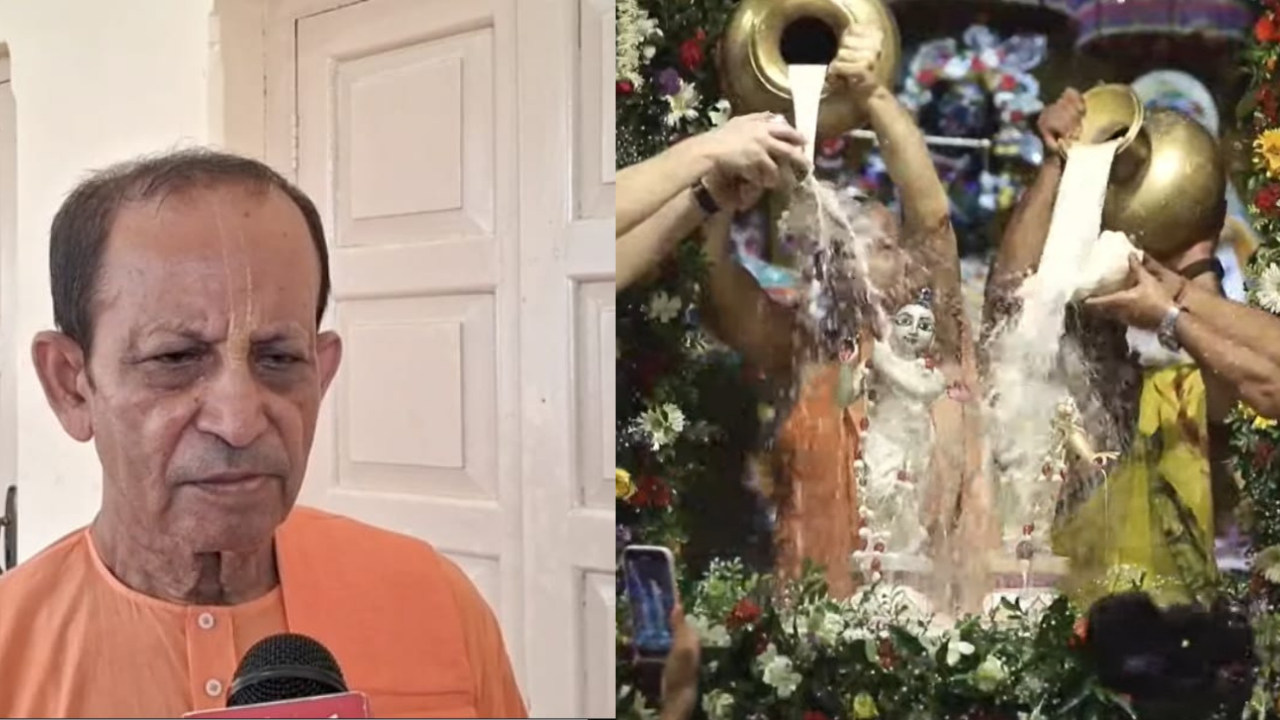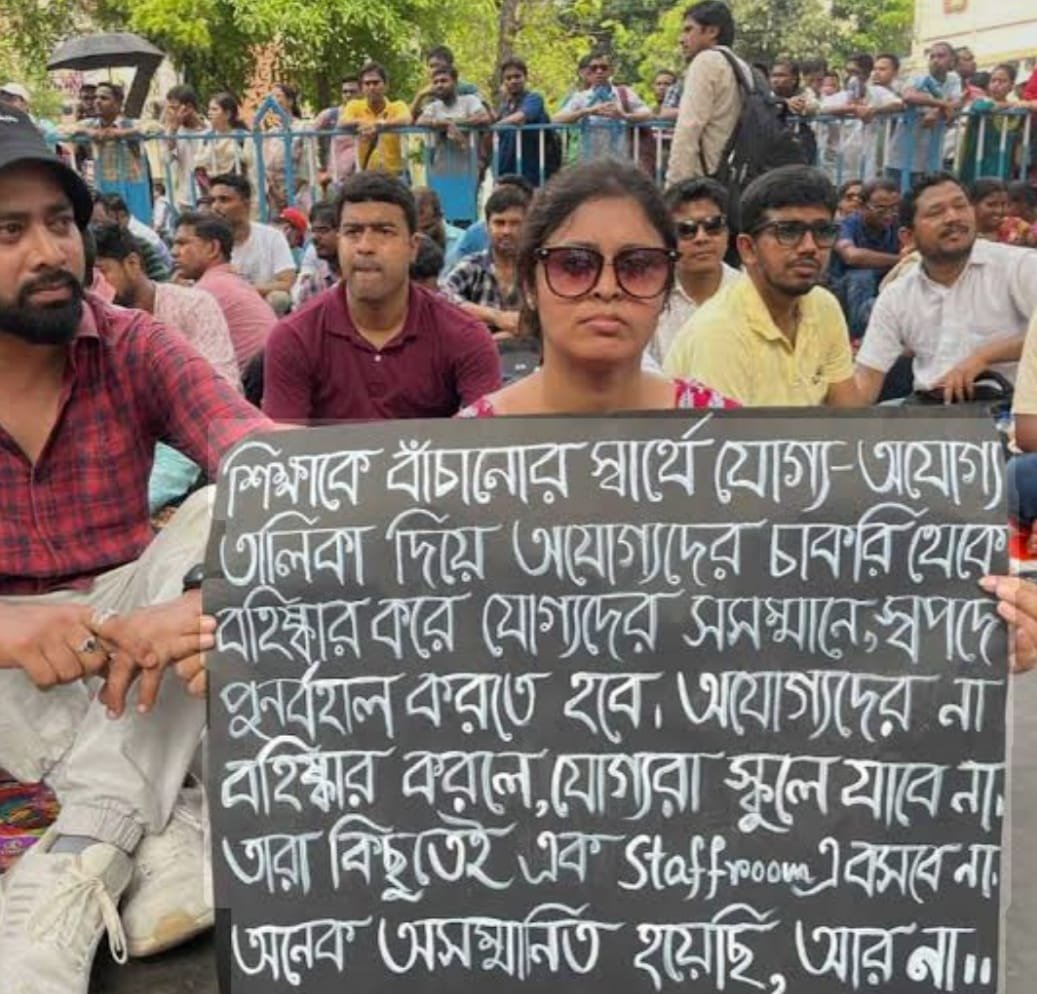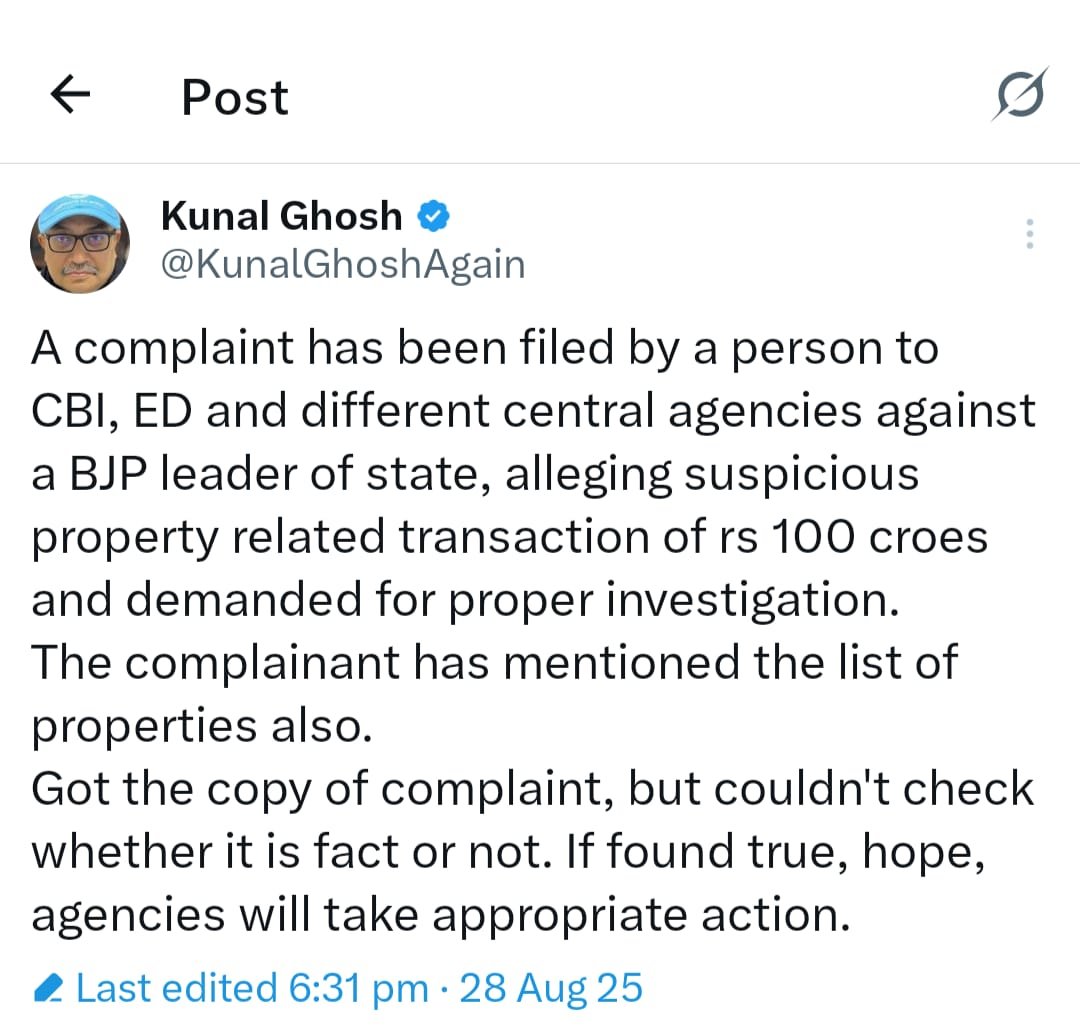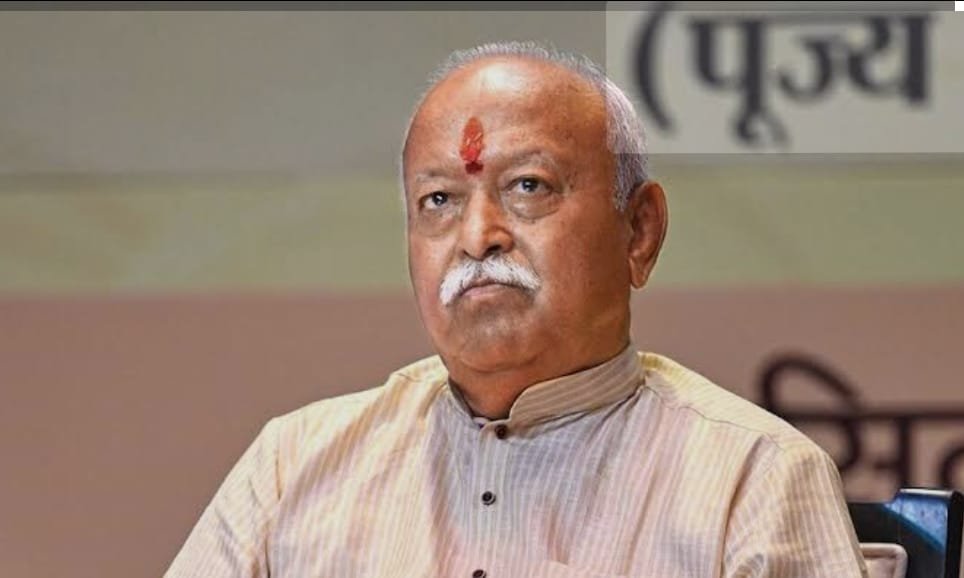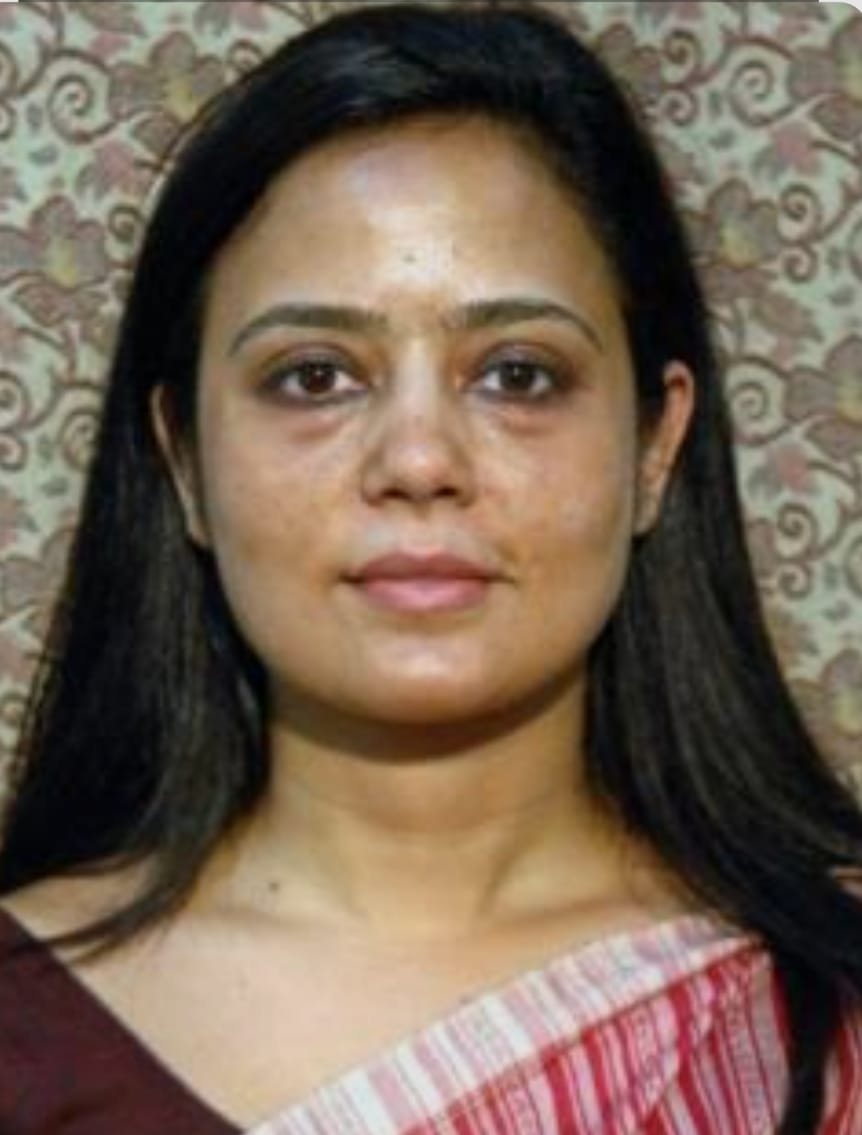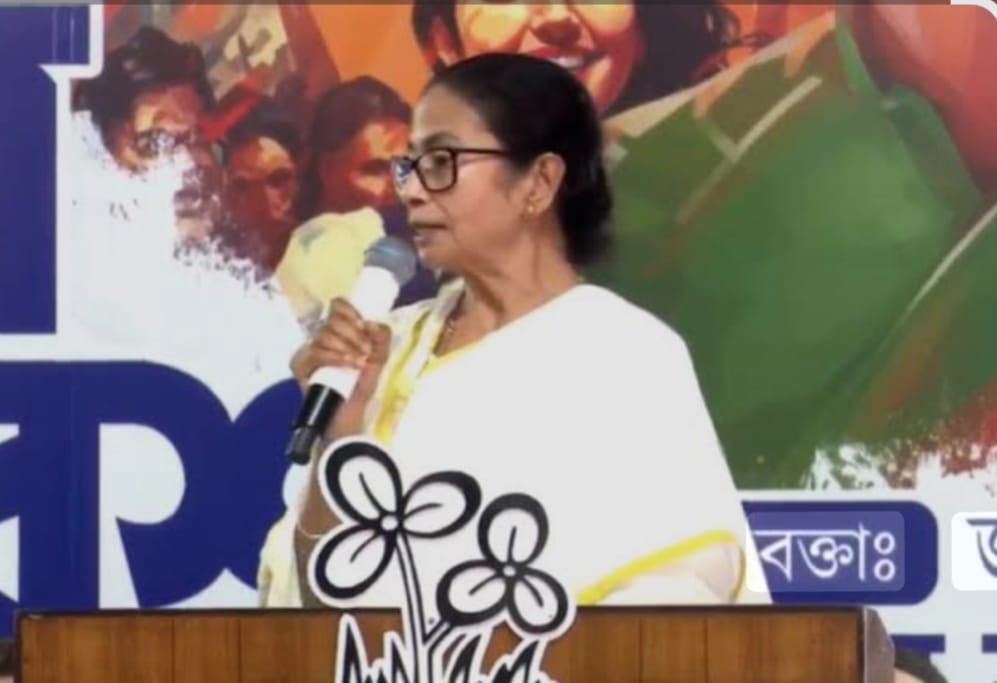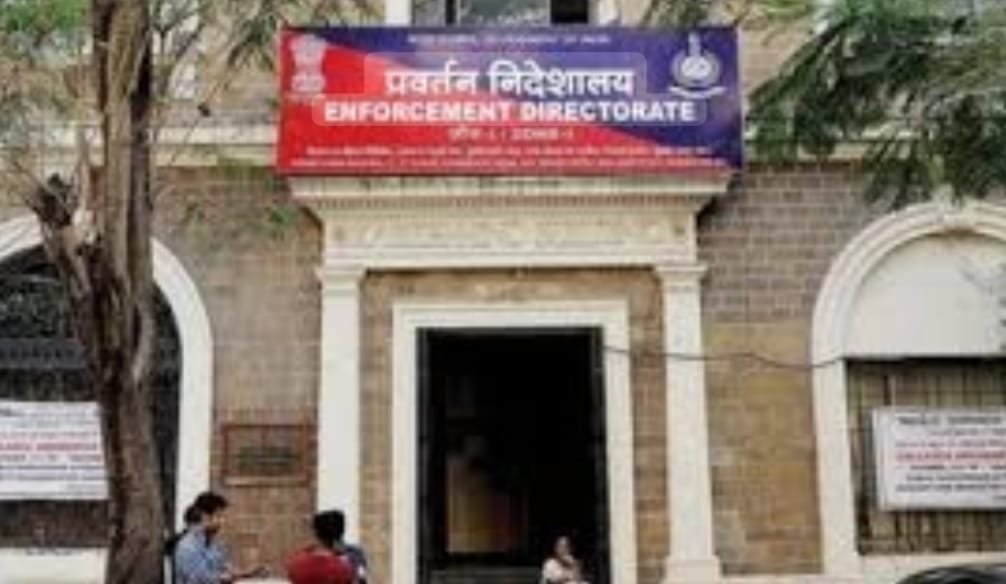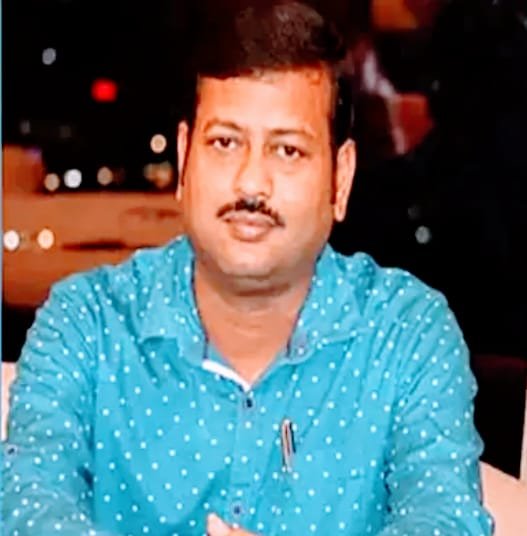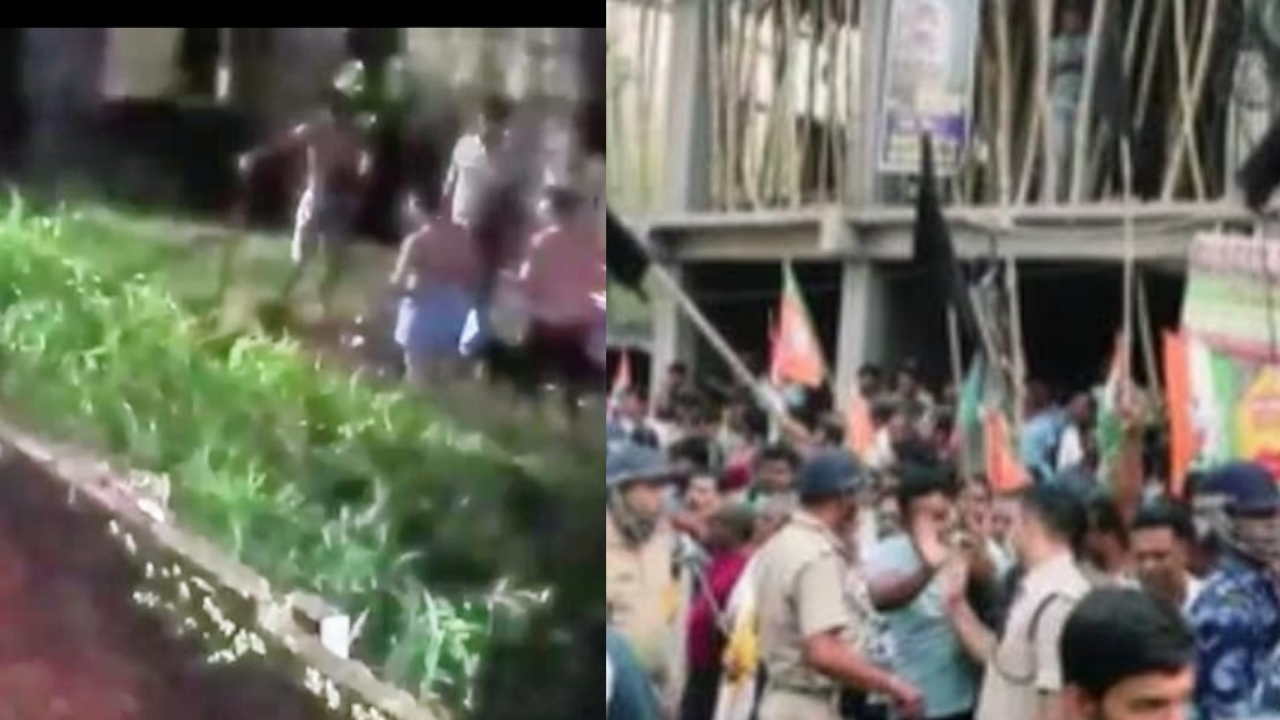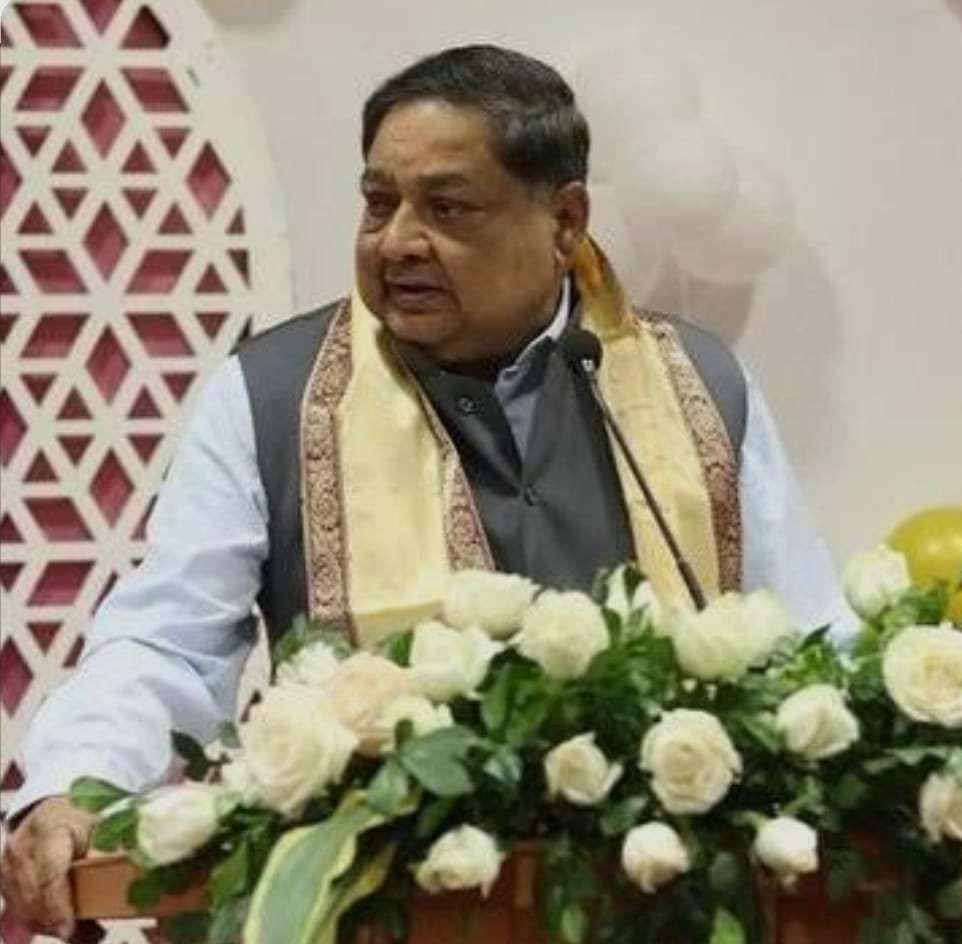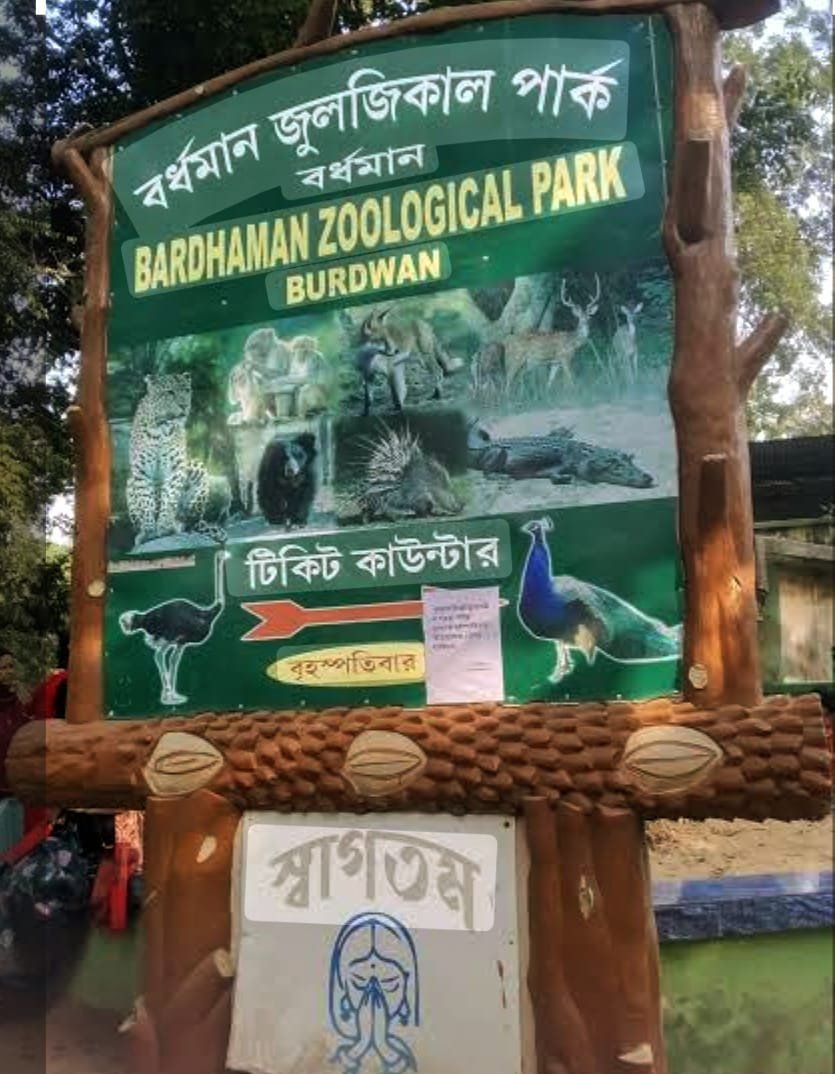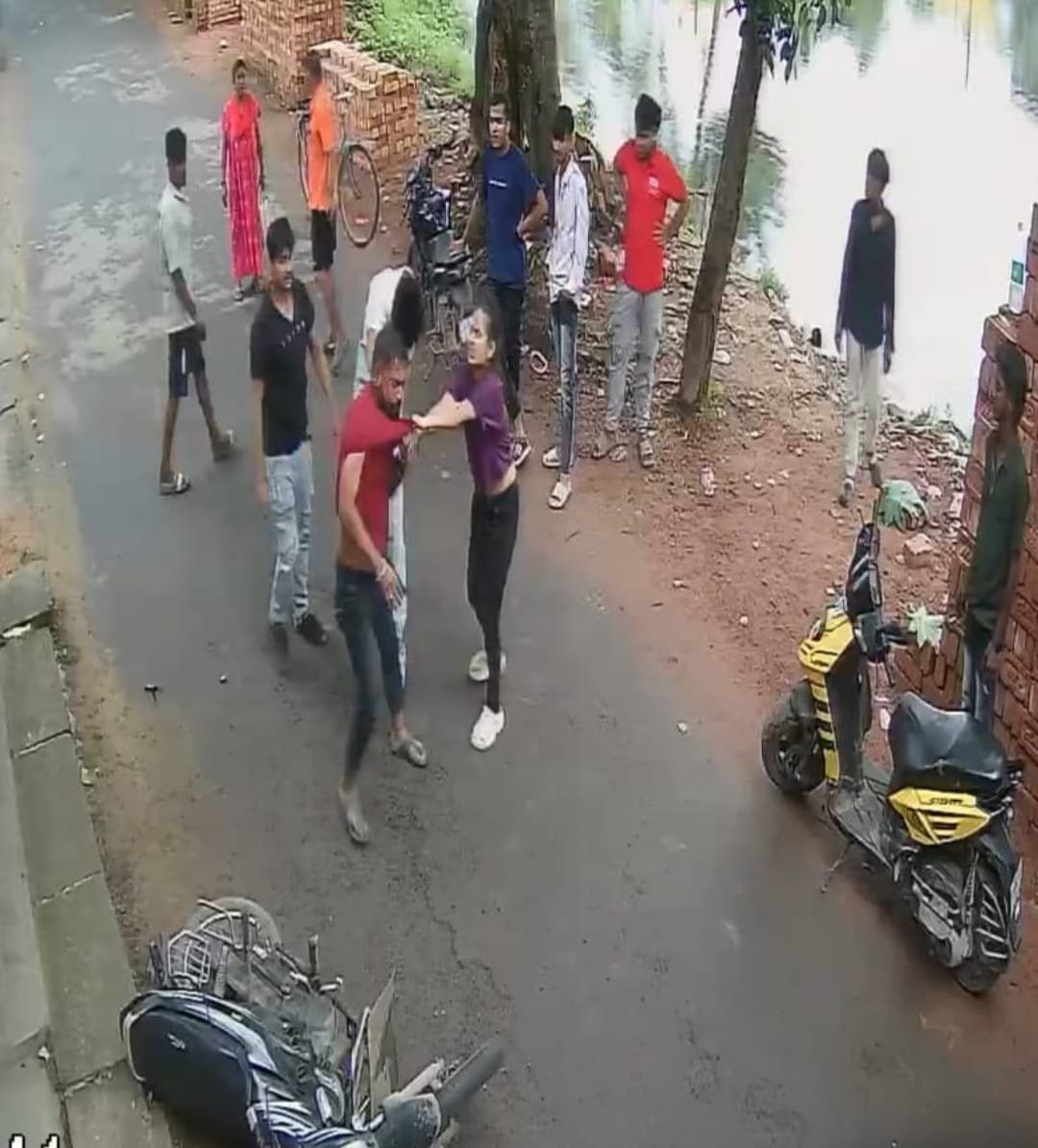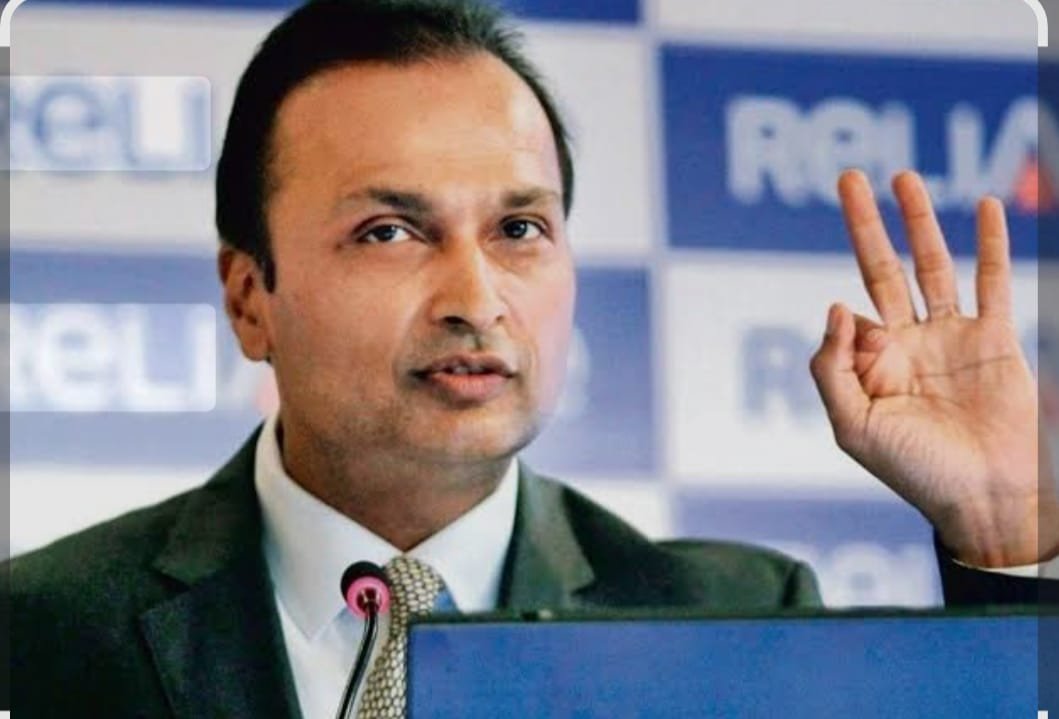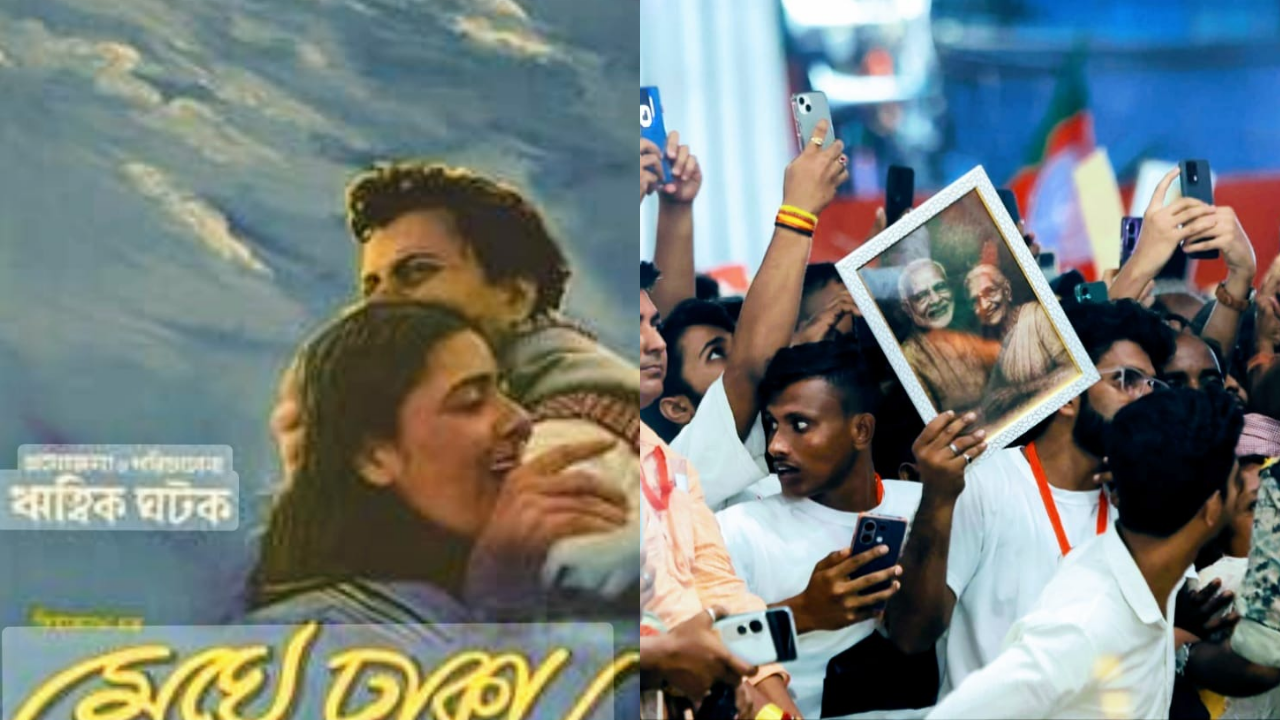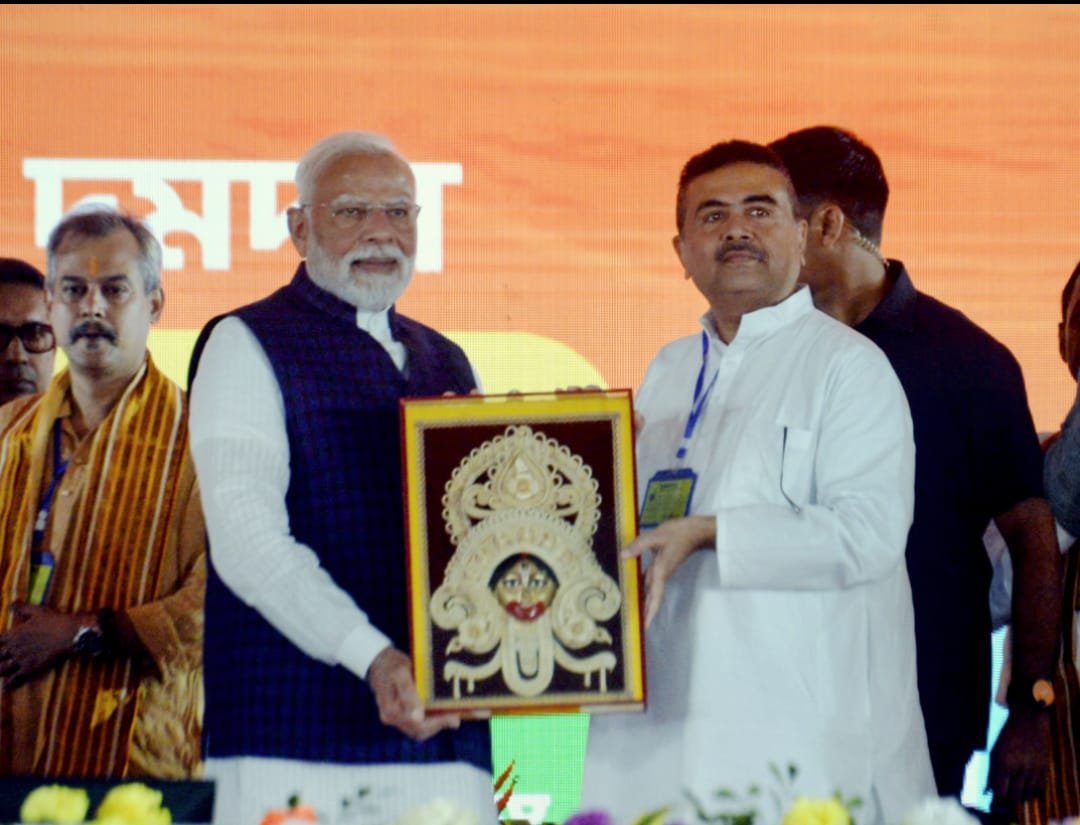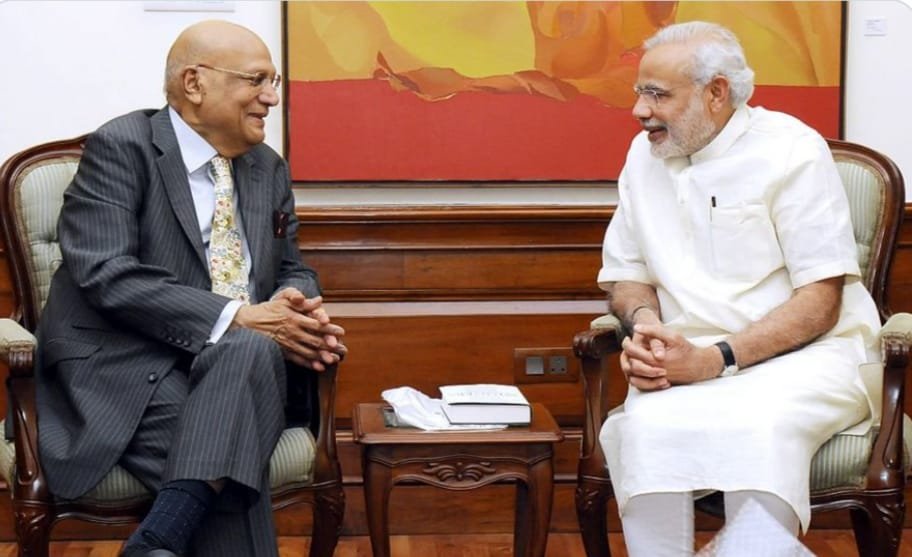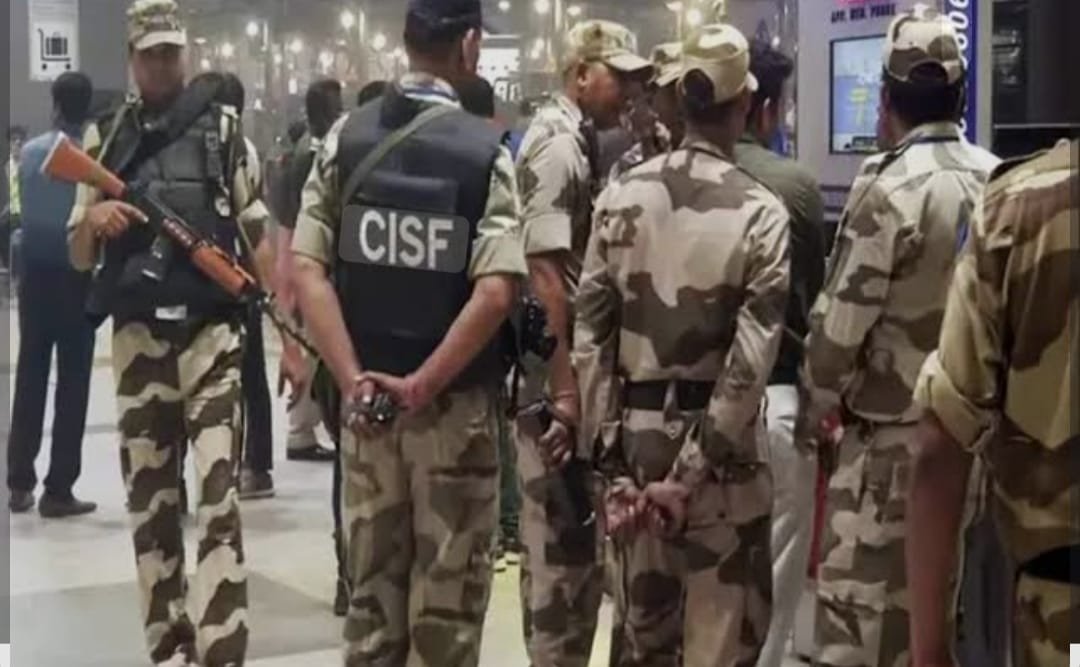Kolkata, long celebrated as the city of poets and revolutionaries, paid tribute on Saturday to one of its most cherished literary voices — Sukanta Bhattacharya — as the city began year-long celebrations marking the centenary of the “poet of the youth.”
The programme was launched at Jadavpur’s Sukanta Setu, where educationist Pabitra Sarkar announced that the poet’s verses would soon adorn the city’s walls. “For the next one year, we will celebrate Sukanta’s birth centenary. His poems will be written across Kolkata’s walls,” he said.
A procession followed by a cultural event took place in Jadavpur, while in the afternoon the youth organisation Kishore Bahini led a colourful rally from Sealdah station to College Street. Thousands of children and teenagers joined, with performances of stick games, magic, music and dance along the route. The event concluded with a street play, while artists painted murals inspired by Bhattacharya’s poetry.
Prominent cultural figures including Rajat Bandyopadhyay and Srijan Bhattacharya joined Sarkar at the Jadavpur celebrations, organised by the Sukanta Bhattacharya Birth Centenary Committee. Rajat Bandyopadhyay, general secretary of the Ganatantrik Lekhok Shilpi Sangha (Democratic Writers and Artists’ Association), said: “We will celebrate Sukanta’s centenary throughout the year. A documentary directed by Kamaleswar Mukherjee is in production and will be screened at colleges and universities once completed. We are also demanding the re-introduction of Sukanta’s poems into Bengal’s academic syllabus.”
Meanwhile, DYFI (Democratic Youth Federation of India) members paid homage at the poet’s birthplace in Kalighat.
In East Kolkata’s Beleghata, however, commemorations took a confrontational turn. The Kolkata Nagarik Sammelan (Kolkata Citizens’ Conference) staged a sit-in demanding the reopening of a community hall named after Bhattacharya, which has remained shut for years. The group alleged that their protest stage was torn down by miscreants.
Bhattacharya, who died in 1947 at just 21, remains one of Bengal’s most iconic literary voices, known for blending youthful rebellion with a deep social conscience.


